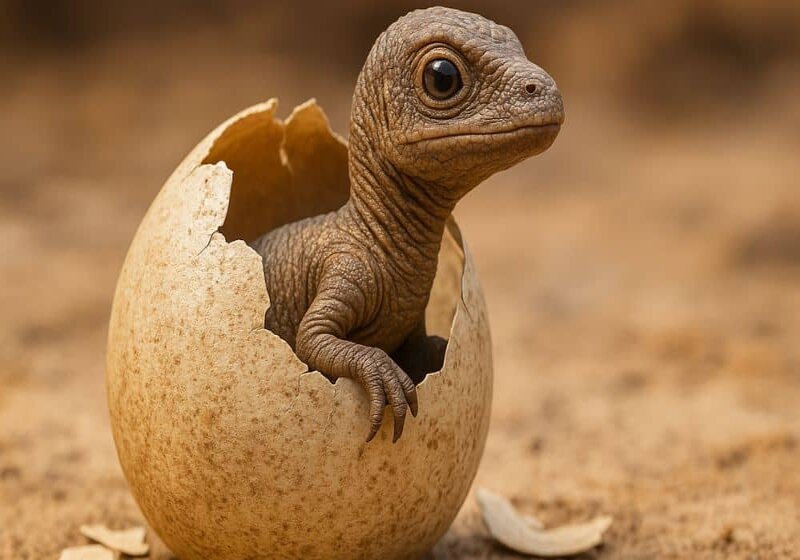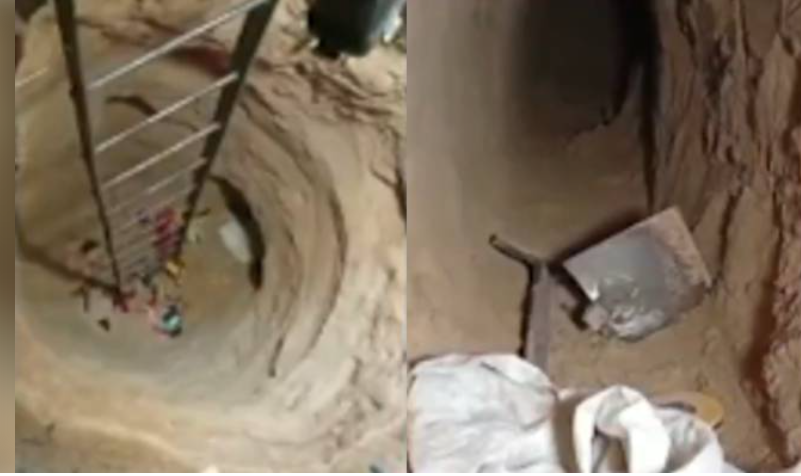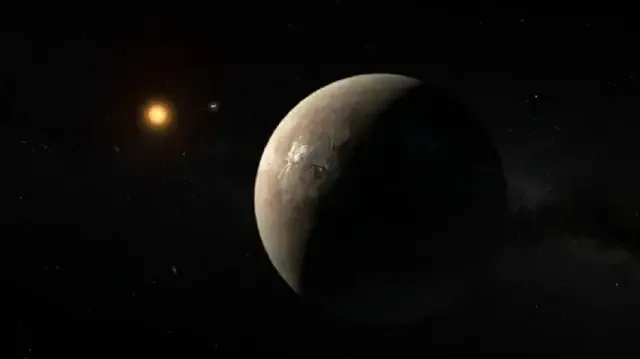Paleontologists in Argentina have discovered a remarkably well-preserved dinosaur egg estimated to be around 70 million years old, found in the Patagonia region’s Río Negro province. The fossil has amazed scientists due to its near-perfect condition, offering an exceptionally detailed glimpse into life during the Late Cretaceous period. Roughly the size and shape of a modern ostrich egg, the fossilized specimen appears almost freshly laid despite dating back tens of millions of years. Experts believe the egg likely belonged to a Bonapartenykus, a small carnivorous theropod that once roamed prehistoric Patagonia. According to researchers, this is one of the most complete and intact dinosaur eggs ever discovered in South America. “Eggs from predatory dinosaurs are extremely rare,” explained Gonzalo Muñoz of the Argentine Museum of Natural Sciences. “These species were far fewer in number than herbivores, and their eggs had thinner, more fragile shells. Finding one in such pristine condition after millions of years is truly extraordinary.” Previous digs in Patagonia have uncovered fossilized eggs, but few have survived with this level of preservation. Early examinations suggest that traces of embryonic material may still be present inside the egg. Scientists plan to use advanced imaging techniques, including CT scans, to determine whether any internal structures remain intact. The discovery took place during Cretaceous Expedition I, an ongoing paleontological project exploring ancient ecosystems across northern Patagonia. Alongside the egg, researchers found additional fossils such as mammal teeth and snake vertebrae, indicating that the site may once have served as a nesting ground during the Cretaceous era. Footage from the site shows expedition leader Federico Agnolín discovering the egg partially embedded in the ground. In a video shared on social media, Agnolín’s excitement is evident as he examines the specimen, noting that multiple eggs were recovered together, suggesting a possible clutch. The fossil has since been transferred to the Argentine Museum of Natural Sciences for detailed study. If embryonic remains are confirmed, experts say it would represent a groundbreaking discovery for South American paleontology, shedding light on dinosaur reproduction, nesting behavior, and evolutionary adaptations. “This level of preservation provides a direct link to the distant past,” Muñoz said. “It helps us understand not just how these creatures lived, but how they reproduced and adapted to their environments.” The finding has drawn international attention, with scientists worldwide closely following the ongoing analysis that could redefine what is known about dinosaur development in prehistoric Patagonia.







































